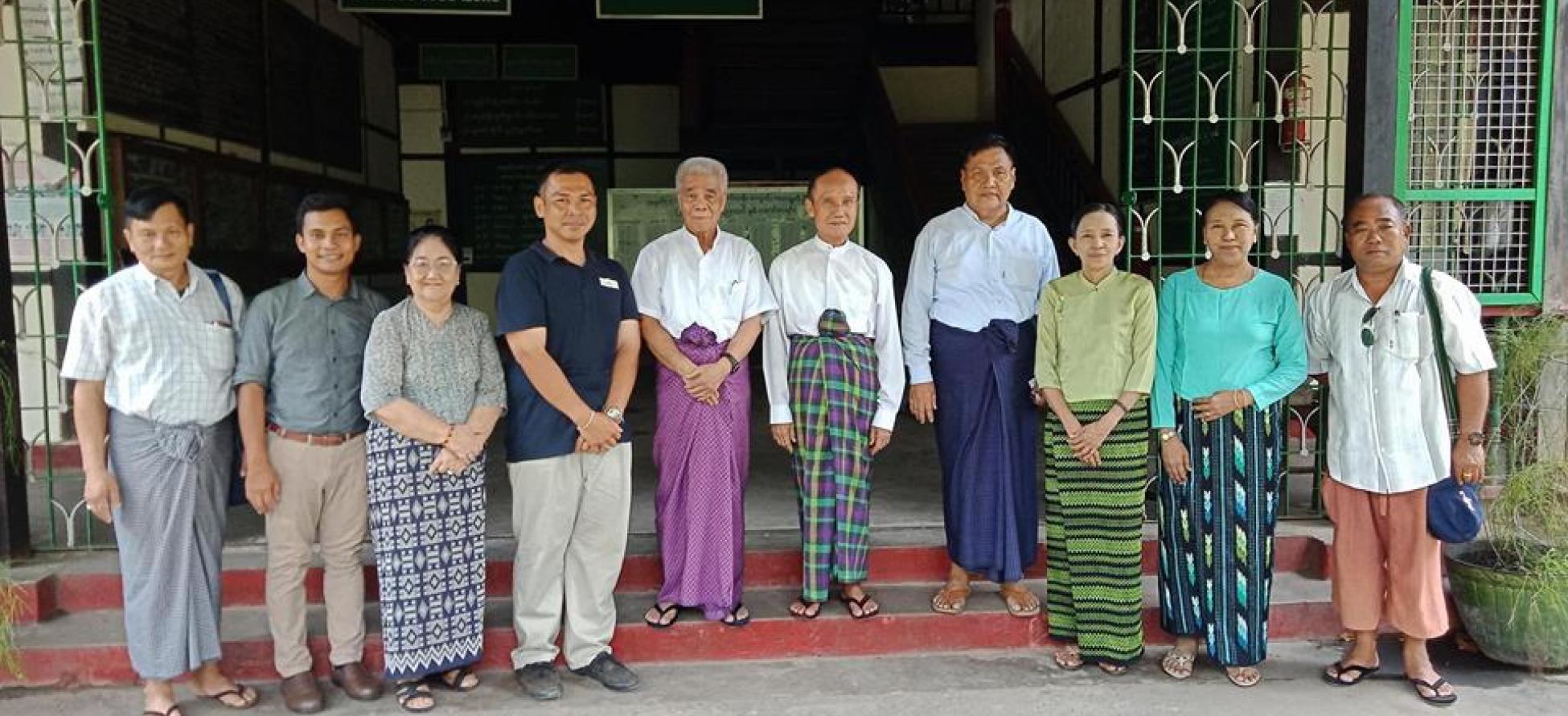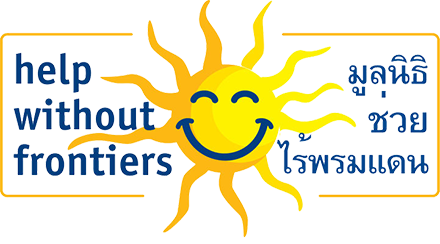
Alternative Education programmes are conceived to serve the educational needs of those children and youth who have missed the chance for an education in the formal system of their countries. Burmese children along the Thai-Myanmar border often missed the chance to go to school and the recognition of the educational opportunities they can get at the border is a key to a sustainable system for migrant education.
In order to respond to the educational needs of these children, Non-Formal education programmes have been established inside Myanmar as well as inside Thailand, the major destination country for Burmese migrants.
The year 2019 marks the end of the ten-year project of Non-Formal Primary Education (NFPE). Since its inception, NFPE programmes have been established in 80 areas inside Myanmar and 1 area for Burmese children inside Thailand. Each year in the NFPE programme, the student earns the equivalent of two years in primary school. Thus, NFPE level 1 is equivalent to Primary Grades 1 and 2 whereas Level 2 equals Primary grades 3 and 4 in the formal education system of Myanmar.
Since the school year 2014-2015, Help without Frontiers has been implementing NFPE programmes in the Ray of Hope schools. At that time, 4 schools in Mae Sot and Phop Phra districts were able to enrol 120 students in the programme.
Over time, the NFPE programme has been growing in sustainability allowing more students who return to Myanmar to transfer to Myanmar government schools. In the school year 2017-2018, 17 schools in Mae Sot, Mae Ramat, Phop Phra, and Bangkok have offered to 646 Burmese migrant children the opportunity for alternative pathways to education.
In addition, in the school year 2016-2017, Help without Frontiers has launched the first year of a three-year pilot project of Non-Formal Middle Education (NFME) with Sauch Kha Hong Sar as the only Learning Centre. Upon completion of the NFME programme, students gain the equivalent of Grade 6 inside Myanmar.
In the past weeks, our Education team went to Myanmar to discuss the challenges and future plans for Alternative Education with representatives from the Myanmar Literacy Resource Centre (MLRC) and the Department of Alternative Education (DAE), the two leading institutional partners from the Myanmar Ministry of Education that have been collaborating with GOs, NGOs, IOs, private business sector and communities in managing non-formal education opportunities.
So far, students, teachers, township monitors as well as visiting members of the staff from DAE in Naypyidaw have received very positive feedback and results in the implementation of NFPE and NFME programmes in and around Mae Sot.
Due to serious financial constraints, the future of this unique opportunity for the accreditation of migrant education is at risk. Help without Frontiers remains committed to deepening the collaboration with MLRC and DAE so as to ensure non-formal education programmes are promoted and expanded.



